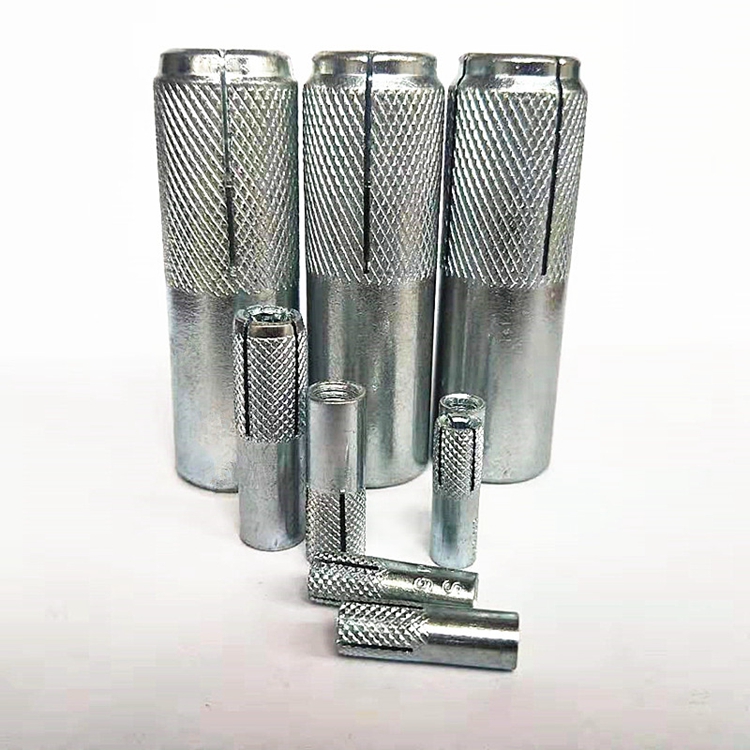Stainless Steel Study Bolts from China for Various Industrial Applications and Specifications
Jul . 28, 2024 03:23 Back to list
Stainless Steel Study Bolts from China for Various Industrial Applications and Specifications
Understanding China’s Stainless Steel Stud Bolt Production
In recent years, China's manufacturing sector has become a cornerstone of the global supply chain, particularly in the production of fasteners such as stainless steel stud bolts. These components play a crucial role in various industries, including construction, automotive, aerospace, and electronics, owing to their durability and resistance to corrosion. This article delves into the production processes, applications, and the growing international significance of stainless steel stud bolts in China.
What Are Stainless Steel Stud Bolts?
Stainless steel stud bolts are long rods with threads on both ends, used extensively to create a strong mechanical connection between two or more components. The unique properties of stainless steel, such as its ability to resist rust and corrosion, make these bolts ideal for applications in harsh environments. They come in various sizes and grades, with the most common being ASTM A193 B8 and B8M, which are associated with mechanical strength and enhanced corrosion resistance.
Manufacturing Process
China is renowned for its efficient and scalable manufacturing processes. The production of stainless steel stud bolts typically involves several key steps
1. Material Selection High-quality stainless steel, often in the form of bars or rods, is selected based on the desired corrosion resistance and strength characteristics.
2. Cold Heading This is a process where the metal is deformed at room temperature to create the head of the bolt and to form a blank for the threaded section. This technique ensures minimal material waste and enhances the mechanical properties of the bolts.
3. Thread Rolling After forming, the blank is threaded using a rolling technique. This process is preferred over cutting threads as it improves strength by work-hardening the material.
4. Heat Treatment Certain grades of stainless steel may undergo heat treatment to achieve specific mechanical properties, enhancing strength and hardness.
china stud bolt stainless steel

6. Quality Control Rigorous testing and inspection regimes ensure that the finished products meet international standards and customer specifications.
Applications
The versatility of stainless steel stud bolts makes them suitable for various applications
- Construction They are widely used in structural applications to secure beams, columns, and other components, providing robust connections that can withstand various loads.
- Automotive In the automotive industry, they are utilized for assembling chassis and engines, where durability is critical.
- Aerospace With stringent safety requirements, aerospace applications demand materials that offer high strength-to-weight ratios, making stainless steel studs an ideal choice.
- Marine and Chemical Industries The resistance of stainless steel to corrosive environments makes it a preferred material for marine applications and chemical processing plants.
Global Impact and Future Trends
China’s role as a leading producer of stainless steel stud bolts has significant implications for global manufacturing. The country's ability to produce high-quality, cost-effective fasteners has contributed to its dominance in several industrial sectors. Additionally, the growing emphasis on sustainability and innovation in manufacturing processes is set to further enhance the position of Chinese manufacturers in the international market.
As industries increasingly seek reliable and efficient components for their operations, the demand for stainless steel stud bolts is expected to rise. Manufacturers must continue to invest in research and development to improve product performance and adapt to changing market needs.
In conclusion, the production of stainless steel stud bolts in China is a remarkable example of how manufacturing strength can shape global markets. With its ongoing advancements in technology and commitment to quality, China is poised to remain a key player in the fastener industry for years to come.
Latest news
-
Top Wire Bolts Suppliers - Quality & Durable Fasteners
NewsAug.15,2025
-
Trusted Wire Bolts Company | Quality Fasteners Supplier
NewsAug.14,2025
-
Reliable Wire Bolts Suppliers & Manufacturers for Global Needs
NewsAug.13,2025
-
High-Quality Bolts for Lawn Mower Handle Supplier
NewsAug.12,2025
-
Leading Phosphated Drywall Screws Supplier | Bulk & Custom Orders
NewsAug.11,2025
-
Top Wire Bolts Company: Manufacturers, Exporters & Suppliers
NewsAug.10,2025
